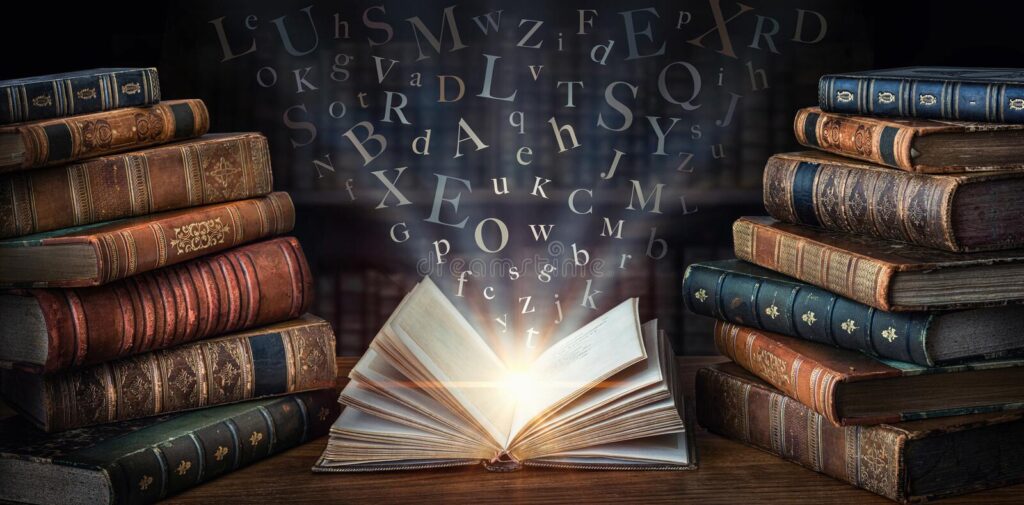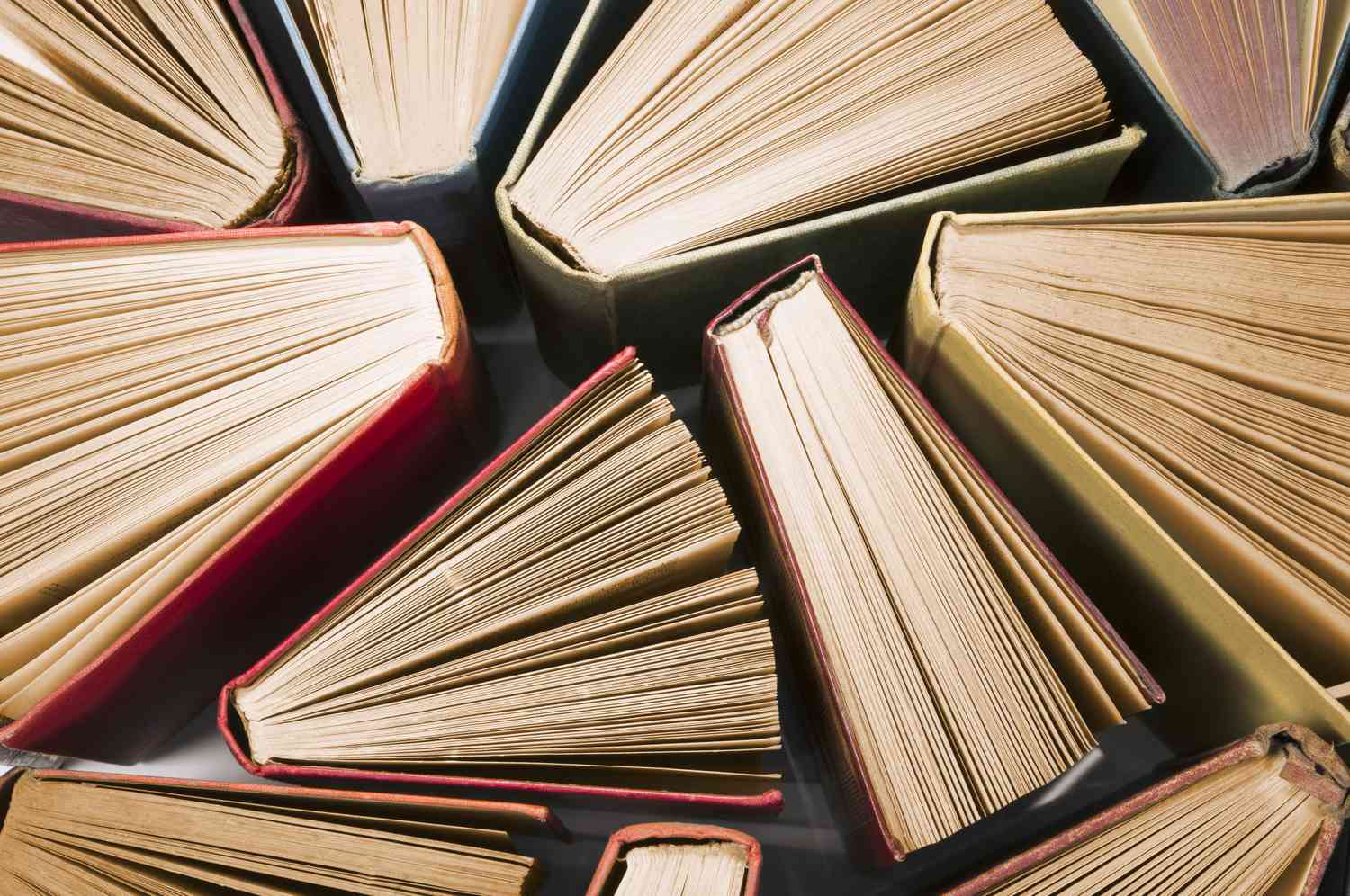Have you ever wondered what makes a book truly rare? As book lovers, we often find ourselves captivated by the allure of rare books. These unique and precious literary treasures have the power to transport us through time and provide glimpses into the past. In this article, we will delve into the fascinating world of rare books, exploring their value, collecting them, and unraveling the secrets that make them so desirable. So, let’s embark on this journey of discovery and unlock the hidden wonders of rare books together.
In this digital age where information is readily available at our fingertips, the physical presence of a book holds a special charm. Rare books take this enchantment to a whole new level. Whether it’s an early printed edition, a limited first edition, or a book with historical significance, rare books offer a tangible connection to the past and carry with them a sense of intrigue and exclusivity.
What Makes a Book Rare?
Not all old books are considered rare. Rarity is determined by a combination of factors such as scarcity, historical importance, desirability, and condition. The age of a book alone does not make it rare; it’s the combination of these elements that elevates a book’s status to rarity. Understanding what makes a book rare is crucial for collectors and enthusiasts alike.
Scarcity
Scarcity plays a vital role in determining a book’s rarity. If only a few copies of a particular book are known to exist, it increases its desirability and value. Factors such as limited print runs, destruction of copies over time, or unique attributes contribute to a book’s scarcity.
Historical Importance
Books that hold significant historical value are often considered rare. These can include books that document pivotal events, contain groundbreaking ideas, or were written by influential figures. The historical context and impact of a book greatly influence its rarity and appeal to collectors.
Desirability
Certain books become highly sought after due to their content, authorship, or subject matter. Books that shaped entire genres, contributed to cultural movements, or were associated with famous individuals hold a special allure for collectors. The desirability of a book contributes to its rarity and influences its market value.
Condition
The condition of a rare book is paramount in determining its value. Books in exceptional condition, with minimal wear, intact bindings, and clean pages, fetch higher prices in the market. Well-preserved copies are highly sought after by collectors and institutions alike.
Collecting Rare Books

The allure of collecting rare books lies in the thrill of discovery and the opportunity to build a unique and valuable collection. Collectors engage in a quest to uncover hidden gems and add coveted titles to their libraries. But how does one start collecting rare books? Here are some steps to get you started on your own journey as a rare book collector.
Define Your Collecting Focus
Decide on the area of rare books that interests you the most. It could be a specific genre, author, period, or even a particular type of book such as first editions or illustrated books. Having a clear focus will help you narrow down your search and build a coherent collection.
Educate Yourself
Knowledge is key when it comes to collecting rare books. Take the time to learn about book history, publishing practices, and the characteristics of valuable editions. Familiarize yourself with bibliographies, reference books, and online resources that can aid you in identifying rare books and understanding their significance.
Networking and Community
Joining rare book societies, attending book fairs, and connecting with fellow collectors and experts can be immensely beneficial. Engaging with the community allows you to gain insights, learn from experienced collectors, and discover new opportunities to acquire rare books.
Establish a Budget
Collecting rare books can be a substantial investment, so it’s essential to establish a budget that suits your financial capacity. Set realistic expectations and be prepared to allocate funds for the acquisition, maintenance, and preservation of your collection.
Acquiring Rare Books
There are various avenues for acquiring rare books, including antiquarian bookstores, auctions, online platforms, and even estate sales. Research potential sources, compare prices, and seek professional advice when needed. Building relationships with trusted booksellers can also lead to valuable opportunities.
Document and Care for Your Collection
Keep a detailed inventory of your rare books, noting their condition, provenance, and any significant details. Implement proper storage and handling techniques to preserve the books’ integrity, such as using acid-free materials, maintaining stable environmental conditions, and handling them with clean hands.
The Value of Rare Books
The value of rare books extends beyond their monetary worth. While some rare books can fetch astronomical prices at auctions, their true value lies in the knowledge, beauty, and historical significance they encapsulate. Rare books are gateways to the past, providing glimpses into different cultures, ideas, and perspectives.
Factors Affecting the Value of Rare Books
Several factors influence the value of rare books, and understanding these elements is crucial for collectors and enthusiasts.
Edition and Printing
First editions, limited editions, and copies with unique printing features often command higher values. The scarcity of certain editions and the demand for specific printings can significantly impact a book’s value.
Condition
The condition of a rare book is a critical factor in determining its value. Books in excellent condition, with minimal wear, intact bindings, and clean pages, are highly sought after by collectors and can fetch premium prices.
Rarity
The scarcity of a book greatly affects its value. If only a limited number of copies exist, collectors are willing to pay a premium to add it to their collection. Uncommon attributes, such as autographed copies or books with unique inscriptions, also contribute to a book’s rarity and value.
Demand and Popularity
The desirability of a book among collectors and the general public can significantly impact its value. Books associated with famous authors, influential figures, or significant cultural movements often experience higher demand, leading to increased value.




Leave a Reply